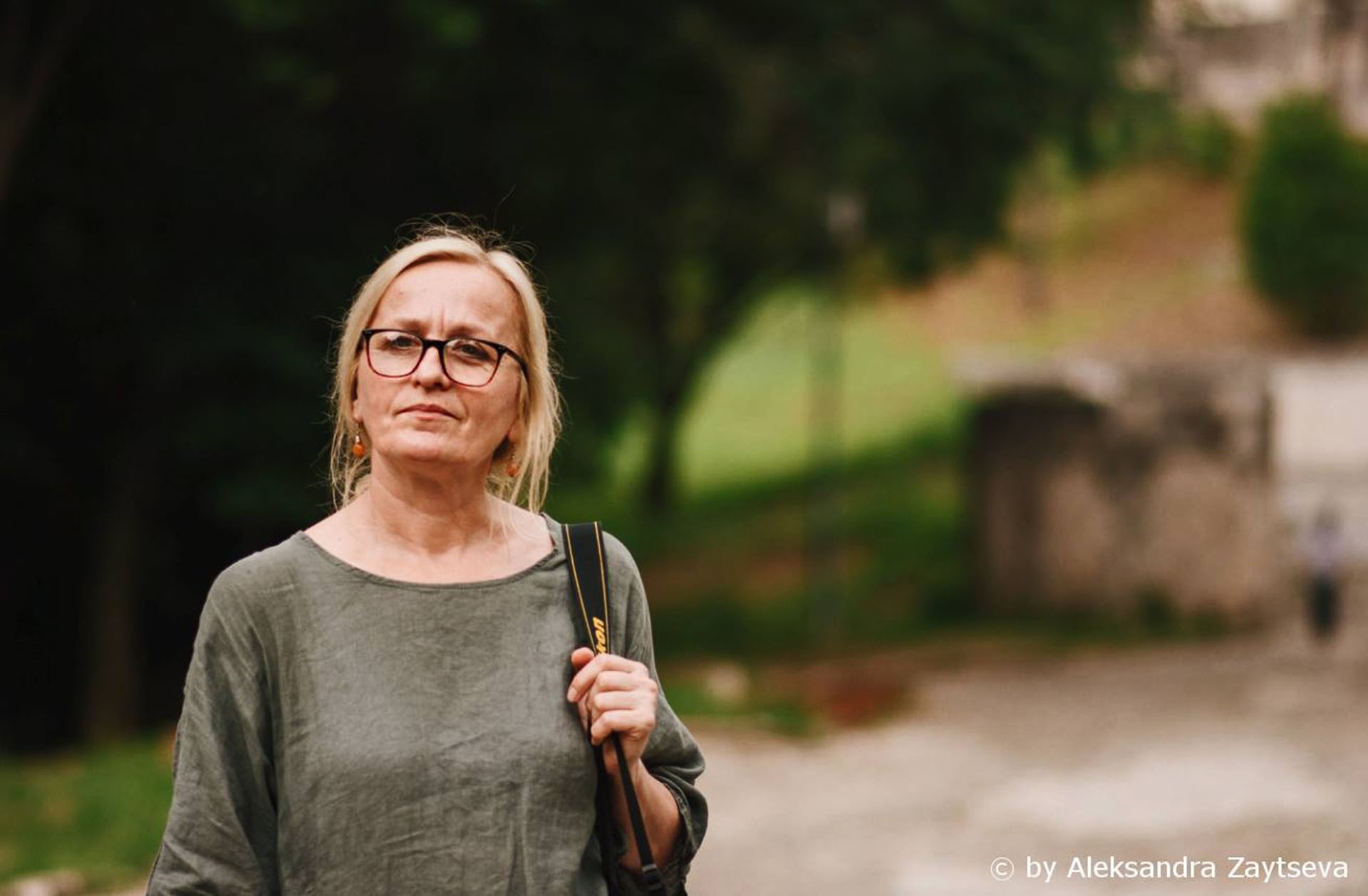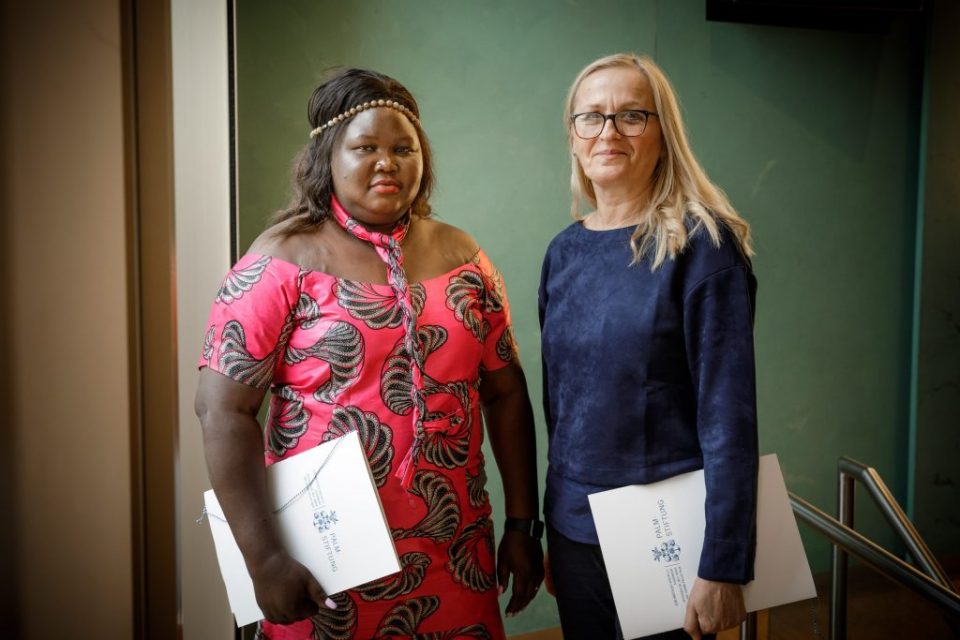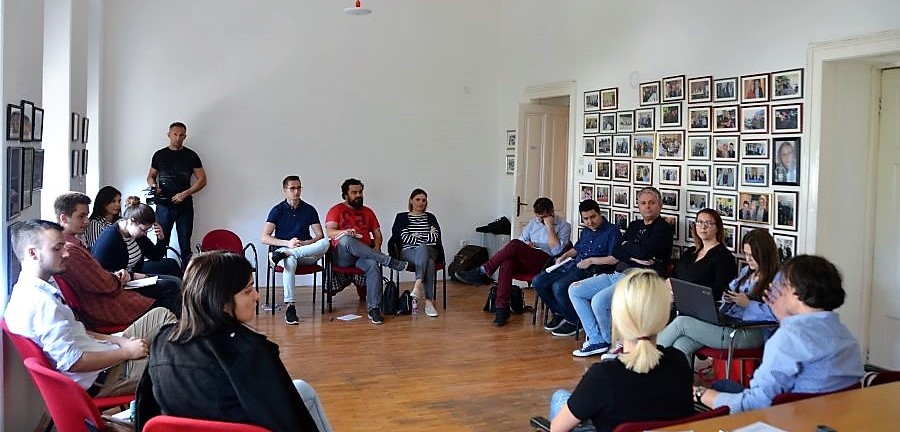
Štefica Galić is an editor and journalist, but above all, a human rights activist from Ljubuški. As founder and editor-in-chief of Tacno.net, she covers topics like freedom of speech and hate speech. Her activism, however, began earlier–in the midst of the Homeland War.
Galić and her husband Neđo rescued Bosniak civilians from the Croatian Army by forging their documents so they couldn’t be taken to Heliodrom, Dretelj or Gabela camp, even though she’s Croatian herself.
Since then, Galić has received threats and faced violence, because of both her activism and editorial policy. Soon after the death of her husband, he was the subject of a documentary called ‘‘Neđo od Ljubuškog.’’ Just two days after the screening, Galić was physically attacked, which caused her to move to Mostar. However, neither the verbal nor physical violence stopped in the ‘‘City on Neretva.”
‘‘I lost everything of material value and I had to leave the city where I lived, said Galić. “A lot of my friends, and even parts of my family, gave up on me. I sued some sewer right-wing portals and lost everything in court. The BiH judiciary simply does not want to understand the journalistic profession, it’s either that or it’s in the service of politics. For the third year in a row, they’ve confiscated half of my pension to pay for the costs of the court and the slanderer. For them, I was and still am a traitor to “my people”, a communist whore… For others, I am again a heroine or a brave woman. I’m a normal person. Everything is simple.”
Galić is aware of the danger this profession carries in the region–journalists are routinely attacked. ‘‘To write critically often isn’t easy at all because you are exposed to all kinds of humiliations, insults, threats and even physical attacks.’’
“Those who do investigative stories or speak openly about the criminals who lead this country or their servants in the system, and about dealing with the past or corruption, are particularly exposed. The government does not take criticism, not even in a constructive form, so there is no chance to change anything for the better”, Galić explains.
In 2018, she received the Johann Philipp Palm Award for Freedom of Speech in Germany, which shows her many years of activism have been noted.

For the second year in a row, Galić is leading the School of Critical Thinking, which brings people together with the goal of creating their own ability to think critically and objectively. The school lasts the entire academic year and brings in students from all over Bosnia and Herzegovina. And, what makes it stand out, it’s free.
The lecturers are prominent left-wing intellectuals who try to impart the values of intellectual honesty and self-criticism to students. ‘‘The aim of the project is changing the educational paradigm that educates young people to be followers of ideology,’’ Galić said, noting that many young people do not find perspective because of the backwardness of the system after the war.

In a society full of stereotypes, it’s difficult to fight lies, corruption, and alienation, but Galić continues. ‘‘I believe in what I do, I believe we can do better because we are not how they present us to the world and to ourselves. I do not want to believe in what the worst of us impose on us, I believe in my eyes and in my judgment, in the good as such, in good people and in good energy. I don’t want to divide people by nation, religion or in any way and that’s the end of it. As much as it has cost me, and it has cost me a lot, I will do what I do as long as I can, and our team will continue to work even when I am gone,” concluded Galić.






